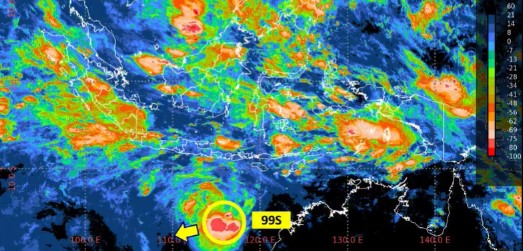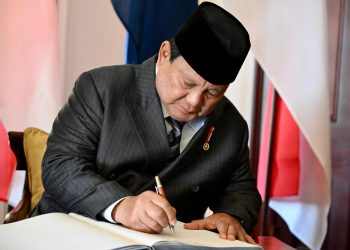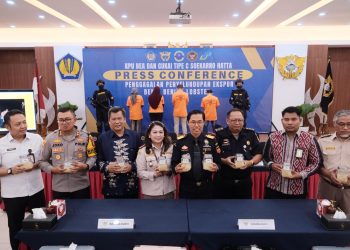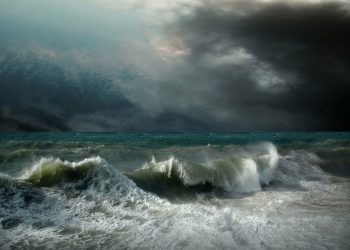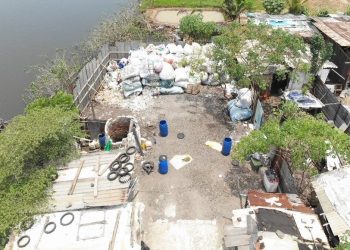Jakarta, Indonesia Sentinel — Indonesia’s Meteorology, Climatology, and Geophysics Agency (BMKG) has issued an updated forecast on the development of Tropical Cyclone Seed 99S. BMKG warns that the weather system could trigger extreme conditions in East Nusa Tenggara (NTT) and West Nusa Tenggara (NTB).
According to BMKG, the 99S has the potential to strengthen into a tropical cyclone in the coming days, with forecasts indicating an increasing likelihood of development from moderate to high within the next 48 to 72 hours.
“The potential for Tropical Cyclone Seed 99S to develop into a full tropical cyclone within the next 24 hours remains low to moderate. However, over the next 48 to 72 hours, the likelihood increases to moderate to high,” BMKG said in a statement on Thursday (February 20) as reported by Antara.
Current Position and Forecast
BMKG’s latest analysis conducted on Friday (February 21), located the Tropical Cyclone Seed 99S over the southern Indian Ocean near East Nusa Tenggara, with its circulation center located at 14.1°S latitude and 116.9°E longitude.
The system currently has maximum sustained winds of 30 knots (55 km/h) and a minimum central pressure of 1004 hPa, moving in west-southwest direction.
Potential Impacts
If the system intensifies over the next two to three days, moderate to heavy rainfall is expected in the Java region, potentially leading to flash floods and landslides.
BMKG forecasts moderate to heavy rain is expected to occur from February 21-22, particularly in West Java, Central Java, Yogyakarta, and East Java.
In addition, strong winds and high waves (ranging from 1.25 to 2.5 meters) could occur in several key maritime areas across NTT and NTB, including the Sawu Sea, Kupang Waters, Southern waters off Sumba Island and Rote Island, and The Indian Ocean south of NTT
Read Also:
800 Earthquake Recorded in East Java, Bali, and Nusa Tenggara in January 2025
BMKG Warning
BMKG has urged residents to remain vigilant against potential hydrometeorological hazards, such as flooding, landslides, and tornadoes. While, locals and travelers using maritime routes have also been advised to exercise caution due to the risk of strong winds and high waves, which could pose serious threats to navigation and maritime safety.
(Raidi/Agung)


